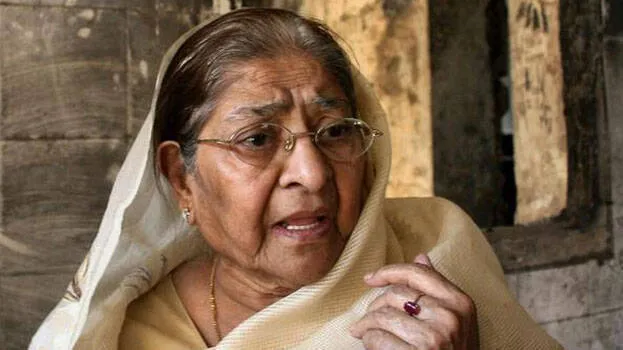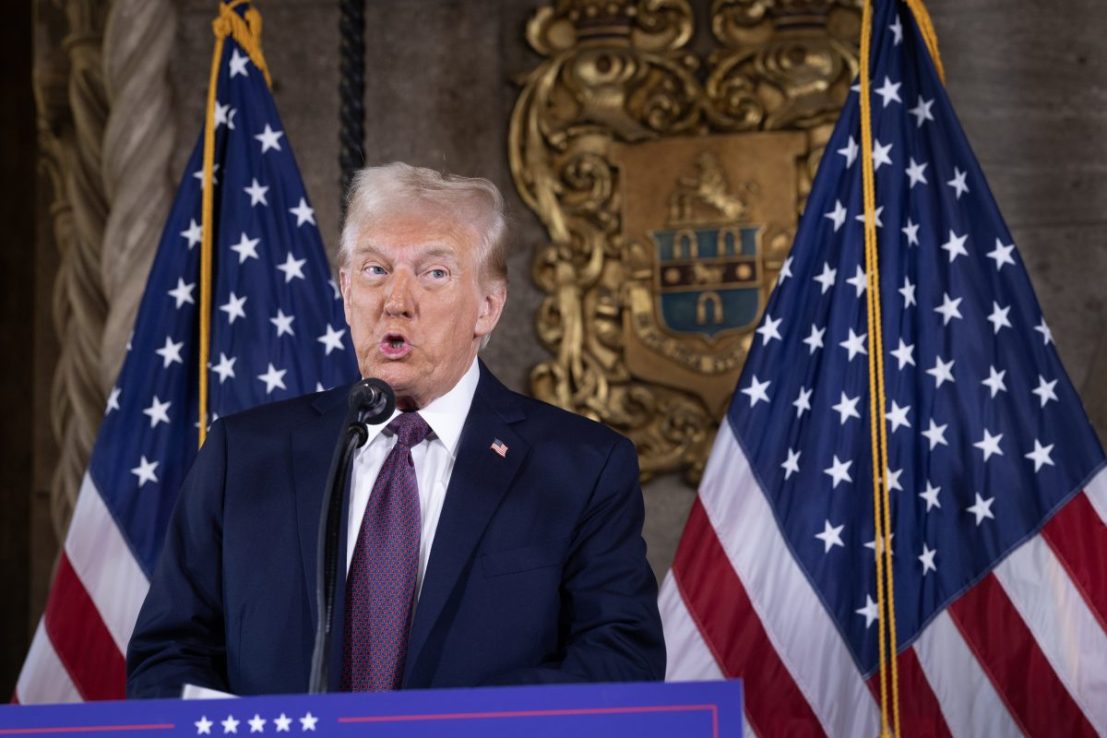
Finance Minister Nirmala Sitharaman has presented her eighth Union Budget in a row. This also makes her the longest serving finance minister of India, who has presented maximum budgets. The budget is full of many hits and a few misses.
This is reflected in the euphoria in the two major target audiences of the ruling Bharatiya Janata Party government—the middle class and the capital markets. In this year’s budget, the FM has extended some sops to owners of second homes. Earlier, owning second homes was the exclusive domain of the upper class, the elites and rich, and needless to mention the landed gentry or those who had ancestral homes back in their hometowns.

With the economic growth driving the expansion of middle class and upper middle class and rising income levels of people in this segment of the society, we are seeing a rising trend in this section of the society to own second homes. These homes are bought either as holiday homes within 2-4 hours’ distance from their place of permanent residence or in their hometowns. There are also cases wherein the individual has bought a second property in the same city for investment purposes or some other reasons.
Taxation of houses in India as per the provisions of Income Tax Act, 1961 is relatively complicated when it comes to second homes if it is in the same city. The first home owned by the person does not attract any income because it is primarily used for self-occupation. However, second homes within the same city didn’t fall within the purview of self-occupied property.
If the second home was given on rent, then the issue was easy as the rental income earned on the second home was taxed. However, if the second home wasn’t rented and used as a holiday home, then it created a complicated situation with the income tax department categorizing the property as “deemed to be let out”. This attracted a tax on the notional income, assuming that it was actually let out and earned a rental income.
This notional income in turn attracted a tax. Previously, the second home used for self-occupation or not rented out was taxed in a very complicated manner. Here the process started with ascertaining the notional rental income that would be subject to tax.
This started with ascertaining the fair rent which is the prevailing market rent in the market and the municipal rental value for the said property. The higher amongst these two was later compared with the standard rent—which is the rent fixed under the Rent Control Acts—and the lower of the two is considered as the notional income. This is how the notional rental income was ascertained.
From this notional income arrived at using this methodology explained above, thirty percent of the amount was deducted as standard deduction and municipal taxes were further deducted from the said notional income. Along with that, the interest on home loan paid to buy the said second home property was also deducted. However previously Income Tax Act, 1961 made a small exception by clearly stating that if the taxpayer cannot occupy the second home in his home town or any other city due to his employment or business being in some other city which is his primary place of residence then he was not required to calculate the notional income on this second home.
This exception was not applicable if the taxpayer had his second home in the same city. Now in this Budget, the finance minister proposes to simplify this procedure to arrive at and ascertain the notional income arising from a second home. For this the FM has proposed amendment in Sub-section 2 of Section 23 providing that where the taxpayer owns a second home anywhere then there shall be no notional income on that second home.
This shall be a big relief to those taxpayers who have a second home in their own city and had to pay tax on notional income on it. This is a big relief for the middle and upper middle class in the country who had bought a second home within the same city for investment or other purposes and had to pay a tax on it. From the next year onwards, they will not have to pay a tax on that.
This will in turn increase the post-tax disposable income of the taxpayer and would help in increasing the consumption expenditure by the taxpayer, which is what the government intends to spur in the Union Budget 2025. The author is a Chartered Accountant and author of ‘Diagnosing GST for Doctors’ published by CNBC Books18. He tweets from @sumeetnmehta.
Views expressed in the above piece are personal and solely those of the author. They do not necessarily reflect Firstpost’s views..















